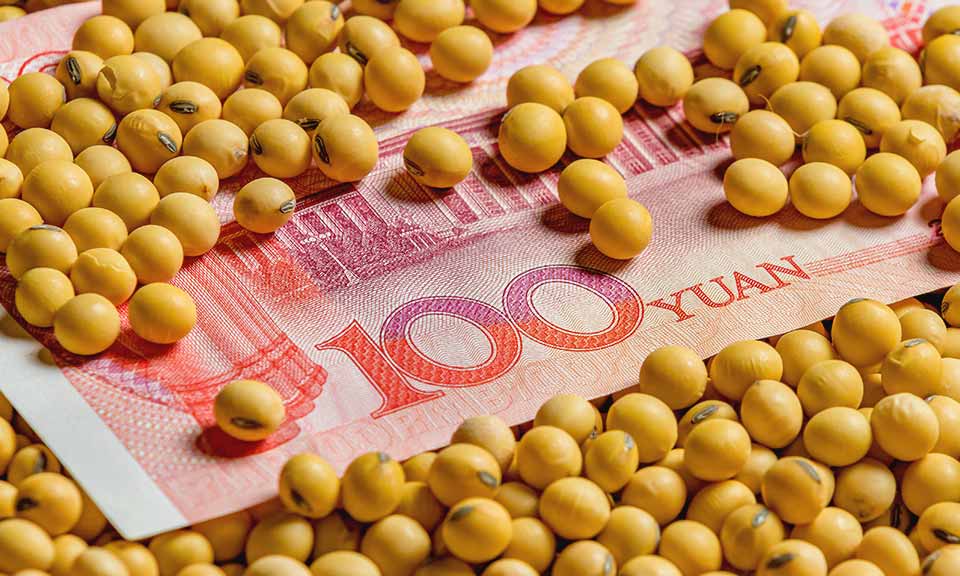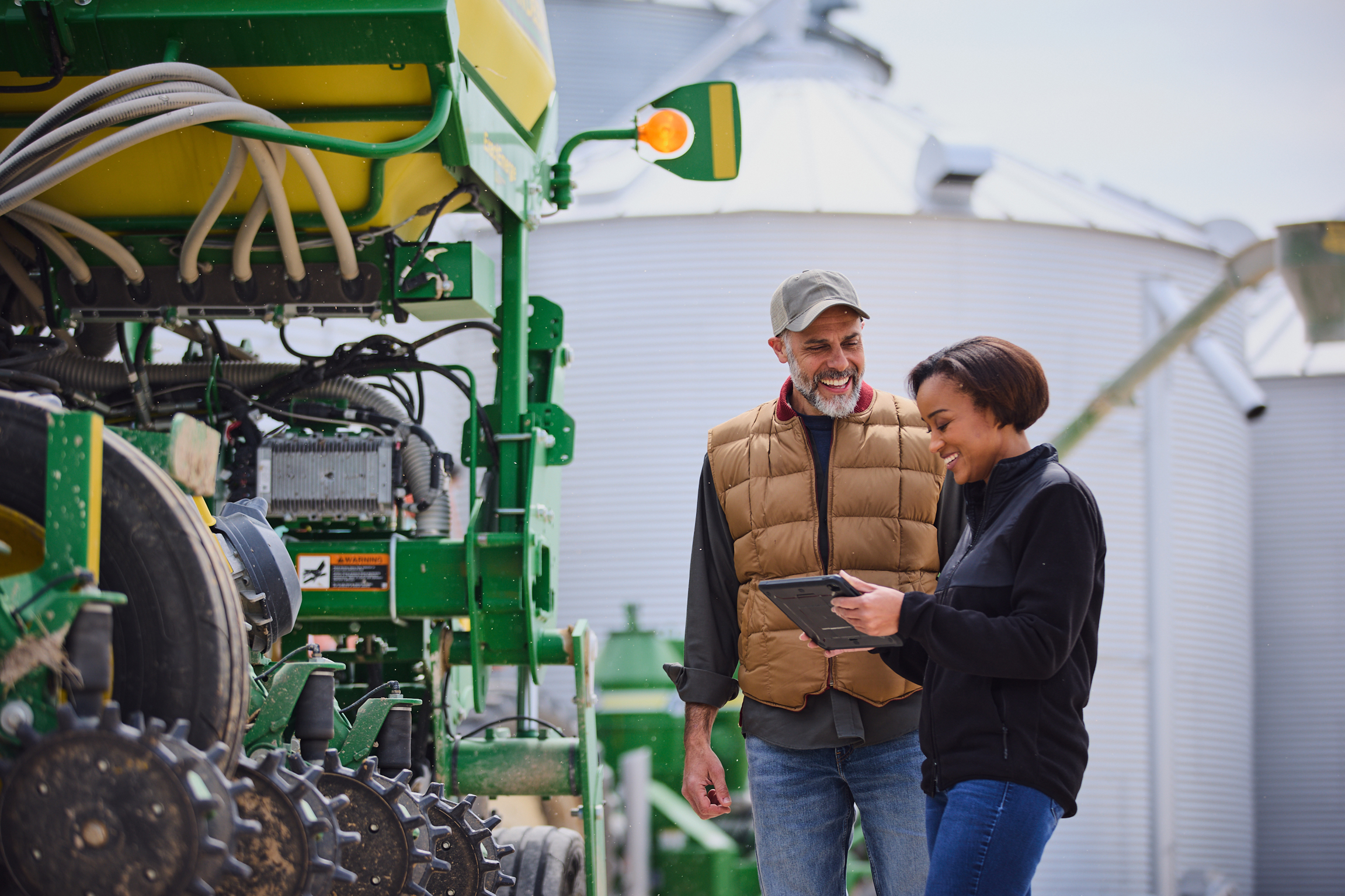China Soybean prices dipped by 4.7% in a week

CFR China soybean basis dropped by 50 cents in a week
China demands remain weak
Soybean prices for July shipment to China fell 4.7% in the past week, tracking Chicago Board of Trade futures lower amid faster soybean planting in US and declining FOB Santos prices led by active farmer selling in Brazil.
The market was assessed by Platts at $728.63/mt on June 15, according to S&P Global Commodity Insights data.
The July CBOT soybean contract reached its highest, at $17.84/bushel, on June 10 after the WASDE report released by USDA. A higher than expected export volume of soybeans in US for marketing year 2021/22 supported market talk of tighter supply.
However, the futures lost the support in the past few sessions on news US soybean planting managed to speed up, market sources said.
The US Department of Agriculture said June 13 that 88% of the expected soybeans area was already seeded by June 12, compared to the market expectation of 90% and 93% in the same period in 2021.
According to the USDA, 70% of fields were in good or excellent condition. Meanwhile, the soybean prices on CBOT were also hit by potential US interest rate rises to tame inflation.
FOB Santos soybean basis was on decline as a stronger dollar against the Brazilian Real attracted higher selling volume from Brazilian farmers. FOB Santos soybean basis fell 48 cents/bushel week on week.
Meanwhile, the China gross crush margin remained negative, assessed at minus $21.69/mt by Platts June 15.
The gross replacement margin in China remained positive at 21 yuan/mt (3 cents/mt). Taking into account variable costs, the net replacement margin for spot trading would still be negative.
"Persistent negative margins would continue to keep demand coverage in China slow," a Chinese broker said.
According to market sources, the demand coverage was at 77% for July shipment, with open demand at 7 million mt. For August shipment, the demand coverage was at 55% with open demand at 6.5 million mt.

News
Bayer AG has announced the pilot of an expert generative AI (GenAI) system that “quickly and accurately” answers questions related to agronomy, farm management and Bayer agricultural products. The pilot has been developed in collaboration with Microsoft as leading technology partner and Ernst & Young (EY) as an industry partner, the company said. The system is the result of Bayer using proprietary agronomic data to train a large language model (LLM) with years of internal data, insights from thousands of trials within its vast testing network and centuries of aggregated experience from Bayer agronomists around the world, the company said. “Our unique GenAI system has the potential to serve agronomists and benefit farmers all over the world, further advancing AI as an indispensable technology for agriculture,” said Amanda McClerren, CIO and head of digital transformation & information technology for Bayer’s crop science division. Bayer said it is exploring ways to integrate the expert GenAI system into its digital offerings, and the company anticipates broad opportunities for collaboration with other agricultural offerings and partners. “Bayer aims to expand the pilot of the expert GenAI system to selected agronomists and potentially farmers as early as this year, while continuing to advance a separate GenAI prototype allowing users to directly query their own farm data,” the company said. In addition, the partnership between Bayer and Microsoft enables the company to bring ready-made capabilities, AgPowered Services, to the agri-food industry, such as Bayer’s Historical Weather that brings a comprehensive weather dataset to Azure Data Manager for Agriculture that spans the last 40 years and provides detailed, field-level weather insights across global agricultural regions, the company said. Integrating tools from IBM, including from the IBM Environmental Intelligence Suite, the new capability, which was previously available for internal use only, can inform weather risk assessments and actuary processes, Bayer said. It will also be used by Bayer and others to forecast crop seasonality and production changes year over year, as well as train agronomic models, it said. Meanwhile, Bayer is developing a connector that enables access to irrigation data from Lindsay Corp., an industry-leading irrigation solution provider. This expands the data types available to Azure Data Manager's enterprise customers, making it possible for them to connect to irrigation data in the same way as weather, imagery, original equipment manufacturer (OEM) and other data types, the company said. The new cloud offerings will also support regulatory and sustainability reporting, such as providing supply chain traceability that can help ensure compliance with new laws such as the EU Deforestation Regulation, which is expected to go into effect at the end of 2024, Bayer said. This article was first published in chemweek.com. Photo credit: Bayer

News
Asia has seen the fastest growth in biofuels production and exports globally, driven by government policies and export markets for feedstocks. To capitalize on the boom, governments have rapidly pushed out biofuel mandates focused around their country’s main agricultural products. Presently, the largest biofuel producers in the region are China, India, Indonesia, Malaysia, the Philippines and Thailand. Here’s a ready reckoner for Asia’s major biofuel policies along with production, trade and prices. Click for the full-size infographic